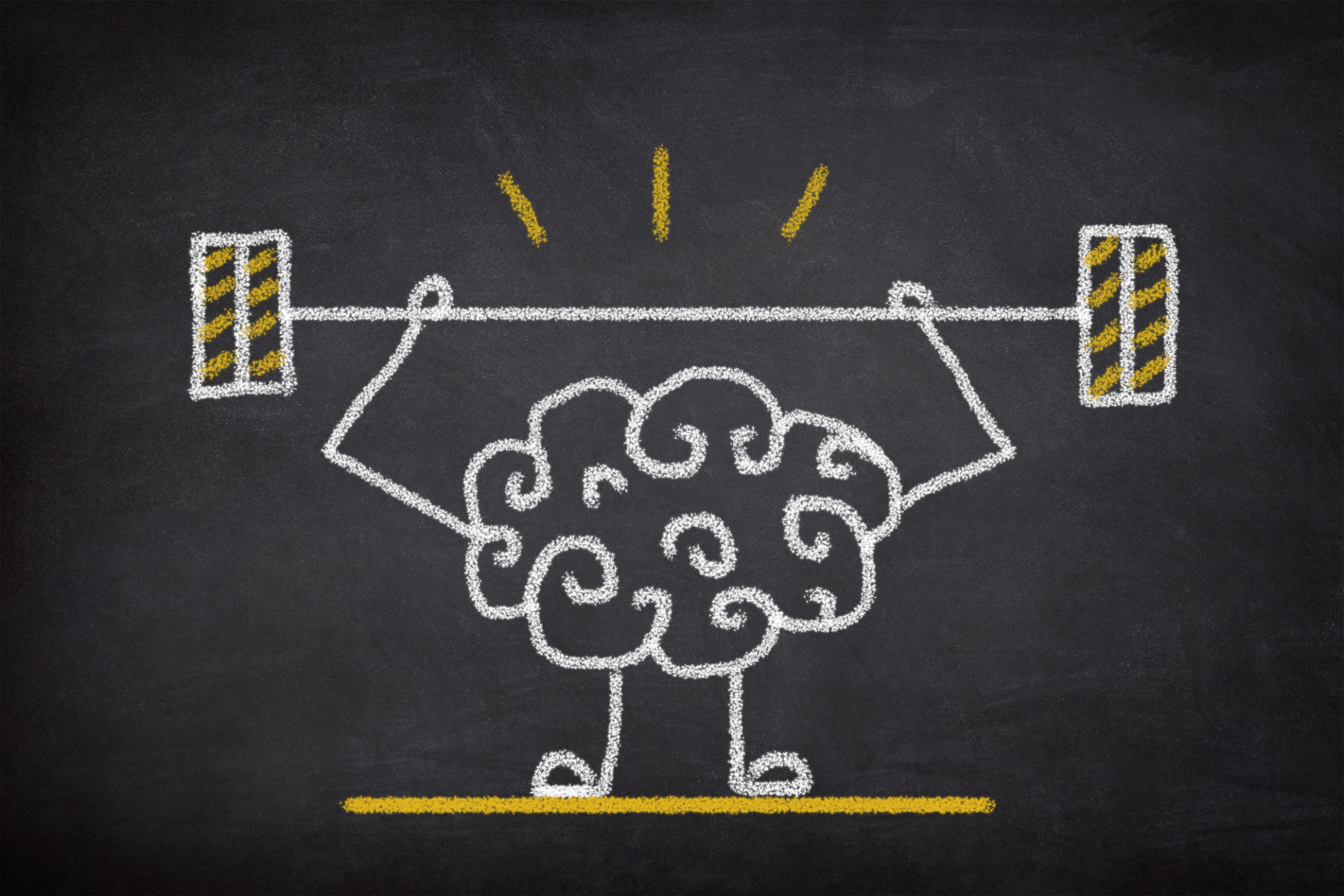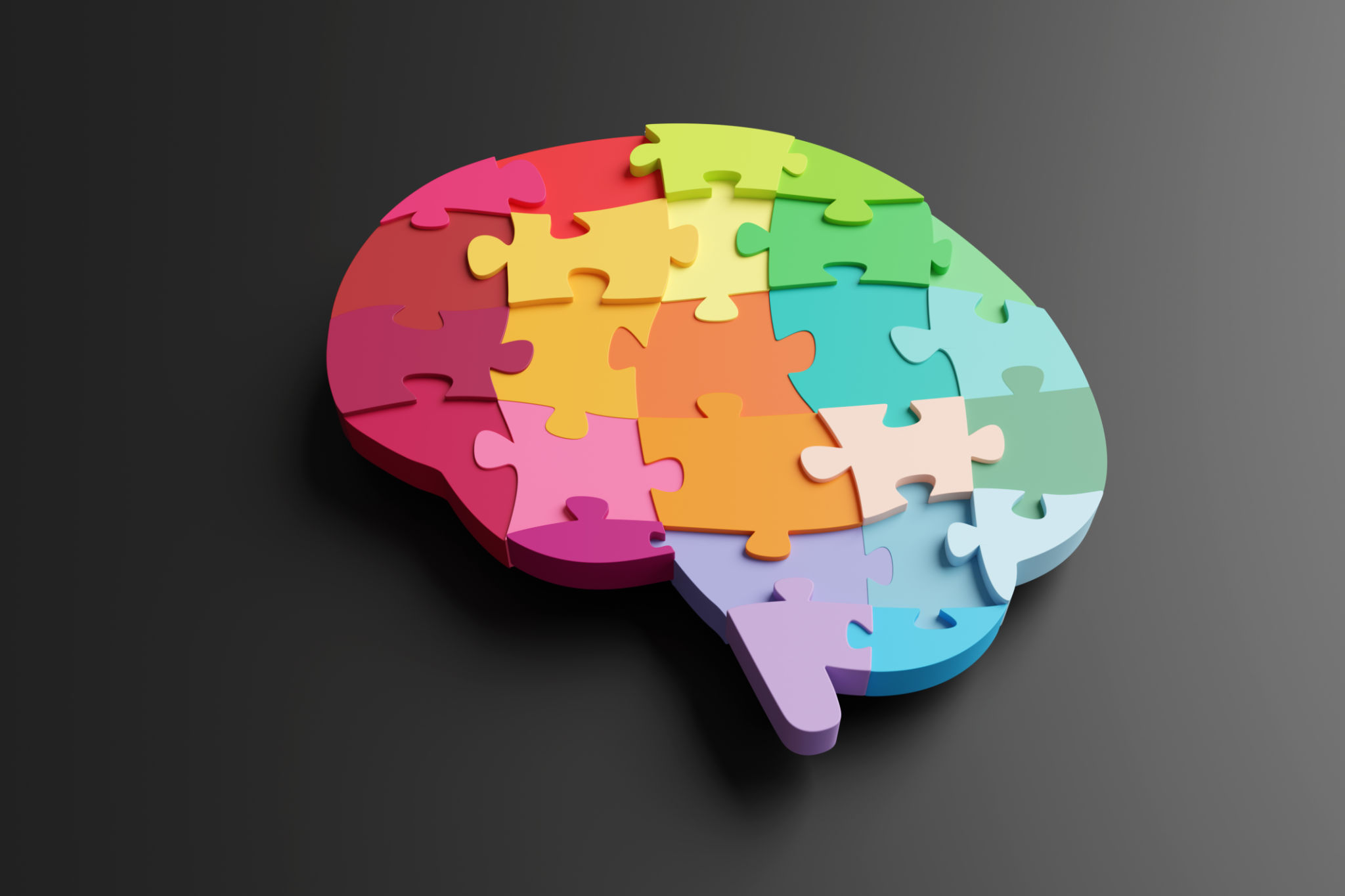Comprehensive Guide to Brain Health Maintenance
Understanding Brain Health
Maintaining brain health is crucial for overall well-being and cognitive longevity. The brain is a complex organ, responsible for controlling thoughts, memories, emotions, and actions. To ensure it functions optimally, adopting a lifestyle that supports brain health is essential.

Nutrition for Cognitive Function
What you eat can significantly affect your brain's health. A diet rich in antioxidants, healthy fats, vitamins, and minerals provides the essential nutrients needed for brain function. Foods like berries, fatty fish, nuts, and leafy greens are known to support cognitive health.
Omega-3 fatty acids, found in fish such as salmon and mackerel, are particularly beneficial for brain health. These fats play a crucial role in maintaining the structural integrity of brain cells and reducing inflammation.
Physical Exercise and Brain Health
Regular physical activity is not just good for the body; it's also beneficial for the mind. Exercise increases blood flow to the brain and encourages the growth of new brain cells. It also reduces the risk of cognitive decline as you age.

Activities like walking, swimming, or even dancing can be great for maintaining mental sharpness. Aim for at least 150 minutes of moderate aerobic activity each week to reap these benefits.
Importance of Mental Stimulation
Keeping the brain active is just as important as physical exercise. Engaging in mental exercises like puzzles, reading, or learning a new skill can help maintain and improve cognitive function.
The concept of "use it or lose it" applies to brain health as well. Challenging your brain keeps neural connections strong and may delay age-related cognitive decline.

Quality Sleep and Brain Health
Sleep plays a vital role in brain health. During sleep, the brain processes information and consolidates memories. Lack of quality sleep can impair cognitive function and increase the risk of neurodegenerative diseases.
Aim for seven to nine hours of uninterrupted sleep each night. Establishing a regular sleep routine and creating a restful environment can significantly improve sleep quality.
Managing Stress for a Healthy Brain
Chronic stress can have detrimental effects on the brain, potentially leading to memory problems and mental health disorders. Implementing stress management techniques such as meditation, yoga, or deep breathing exercises can help mitigate these effects.
Take regular breaks throughout the day and make time for activities that you enjoy to maintain mental well-being.

Conclusion
Maintaining brain health involves a combination of proper nutrition, regular physical exercise, mental stimulation, quality sleep, and effective stress management. By integrating these practices into your daily routine, you can enhance cognitive function and promote long-term brain health. Prioritizing these aspects is an investment in your future well-being.